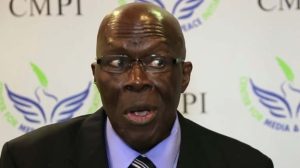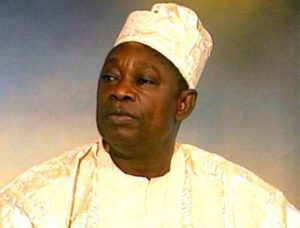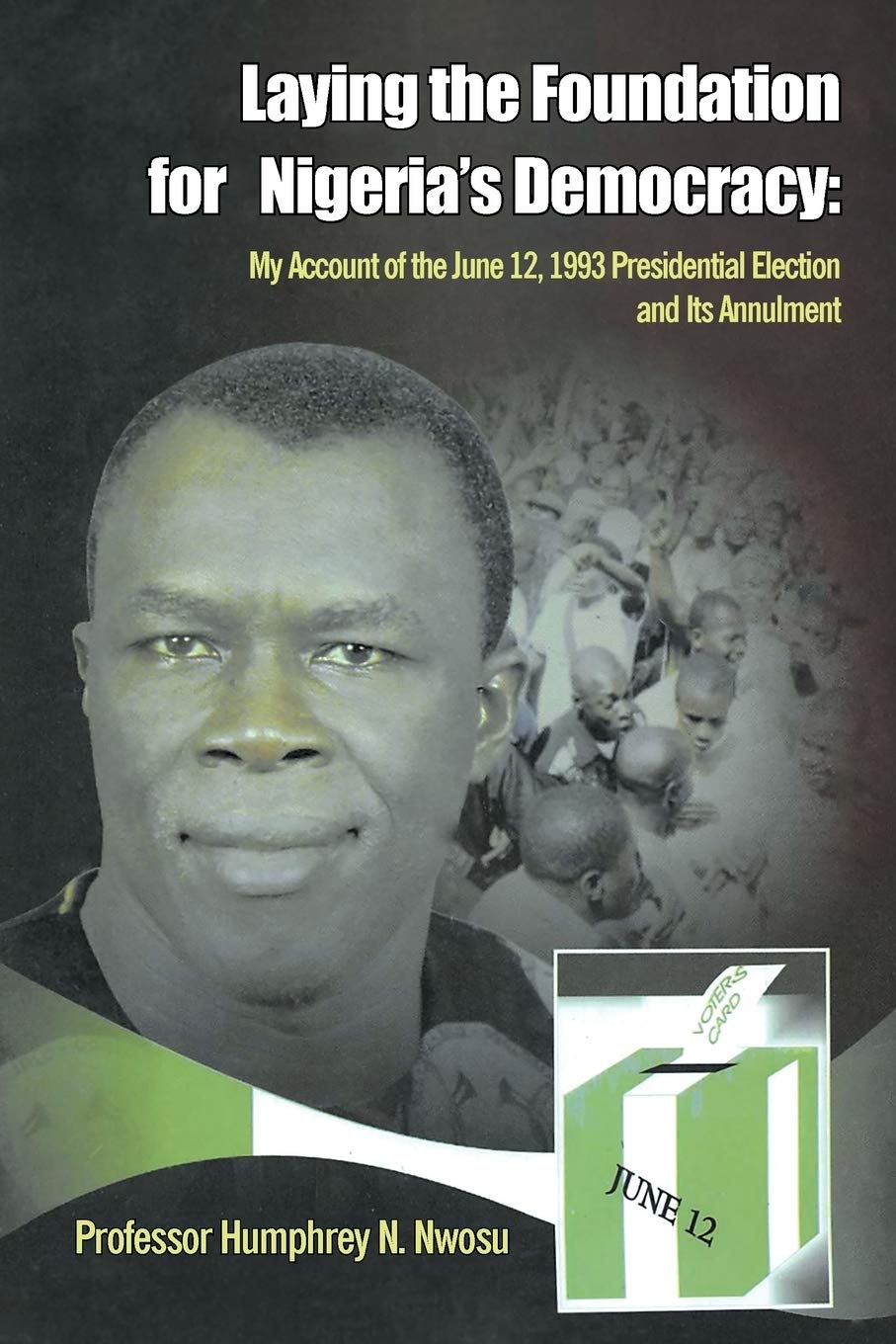By Prof Hassan A. Saliu
I watched keenly the clips of the debate in the Nigerian Senate on immortalizing Prof. Nwosu on 26 March 2025 and share the conviction that the late Chairman of the National Electoral Commission (NEC) was not fairly treated during the debate. Lead speakers in the debate did not reflect the totality of the issues involved when voting against the motion sponsored by Senator Enyinaya Abaribe and some other senators.

Nigeria has already immortalised Prof Nwosu by declaring Abiola winner of the election in question
The truth is that without his courageous steps, which included approaching the courts to vacate the orders stopping the election from holding and resuming the announcement of the election results, the outcome would have been different. There would not have been the much-referenced June 12, 1993, presidential election in Nigeria. In the process, he was insulted and put under surveillance. Yet, he was not deterred. He kept fighting for the cause of the election until his board was dissolved two days before the expected judgment in the case instituted by the electoral commission against the stoppage of results announcement at the Appeal Court in Kaduna.
As he himself had said in an interview, there was nothing official that could have come from him again as the Chief Electoral Officer with the dissolution of NEC. Therefore, it is wrong to describe Prof. Nwosu as lacking the courage to release the final results. The case of injustice being built around the issue is justified and makes sense. How else can one relate to the fact that the eventual beneficiary of the election, Chief Moshood Abiola, has been recognized as a former President with all the benefits that go with it, while the man who put his life on the line to make the election take place has been denied official recognition on the grounds that the full election results were not announced?

The late Chief M K O Abiola
Some have tried to make a distinction between efforts and outcomes, claiming that the late Professor of Political Science only made efforts that did not translate into a successful outcome. I totally disagree with this attempt to rewrite history. One argues that the volte-face made by General Ibrahim Babangida, under whom the annulment of the election took place, in his latest book is instructive on this occasion regarding the June 12, 1993, presidential election. In the book, he provides information on the coordinated efforts to stop the election from holding and later to annul it, which I believe should be enough evidence to honour Prof. Nwosu, who used his office to fight against the truncation of the electoral process until he was disabled.
It is not too late to honour Prof. Nwosu for his innovative ideas on the conduct of elections in the country and his subsequent defence of democracy. The Senate is urged to reconsider its stand on the matter of immortalizing the late electoral umpire in Nigeria. In recognizing individuals, both efforts and outcomes are considered, but in some cases, efforts have been the basis for such recognition. In Prof. Nwosu’s case, he was determined to reach the final point but was prevented by conspiracies. He tried his best in the face of desperation by some military officers who wanted to occupy the presidency.
In my view, Prof. Nwosu was courageous in conducting the freest and fairest election in Nigeria’s electoral history. He deserves to be honoured notwithstanding the stoppage of the announcement of final election results and the subsequent annulment of the election by the Babangida government.




























